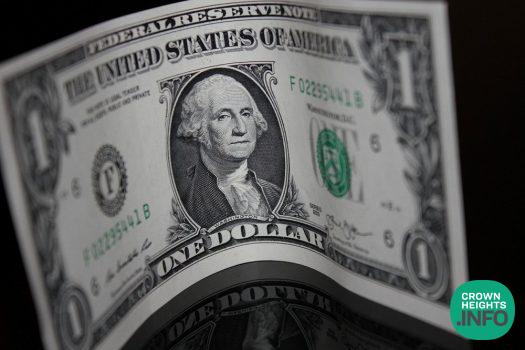
Just One Dollar A Week Will Fund Youth Mental Health
A new initiative aimed at tackling the high cost of mental health care for children has been launched by the Bereishis Foundation, founded by philanthropist Azriel Boymelgreen. The campaign, called “One Dollar a Week,” proposes a micro-donation model to create a sustainable fund for families who cannot afford therapy for their children.
The campaign’s mission was outlined in a recent speech by Boymelgreen, who addressed an audience of mental health professionals and community leaders. He positioned the effort as a necessary response to a growing crisis where children are often unable to access care due to financial barriers.
“To those families who have lost hope, to those children who have been turned away… we offer not just sympathy, but action,” Boymelgreen stated.
The “One Dollar a Week” model is designed to make giving accessible to everyone. The Bereishis Foundation states that these small, recurring donations will be pooled into a central fund used to pay for professional therapy sessions directly. This approach, according to the foundation, allows the community to collectively shoulder the financial burden, ensuring that a lack of funds does not prevent a child from receiving care.
In his speech, Boymelgreen drew parallels between this new initiative and historical community-building efforts. “When we built the first yeshivas, we did not build one-we built networks,” he said. “When we created the first social service organizations, we did not create programs-we created revolutions of compassion.” He argued that the current mental health crisis requires a similar, large-scale mobilization.
He emphasized a sense of urgency and shared responsibility throughout his address. “The work will not be finished in the next fifty days. Nor will it be finished in the next hundred days,” Boymelgreen acknowledged. “But let us begin.”
The core of his message was a call for proactive involvement. He challenged the audience to shift their perspective, saying, “don’t wonder what the community can do for mental health-wonder what you can do for the mental health of our community.”
Boymelgreen concluded by stressing that the initiative’s success depends on broad participation, framing it as a defining task for the current generation. “When our grandchildren ask what we did when mental health was in crisis… Let them say we were building. Let them say we were found leading.”
The Bereishis Foundation is directing those interested in participating in the “One Dollar a Week” campaign to its official website for more information.












